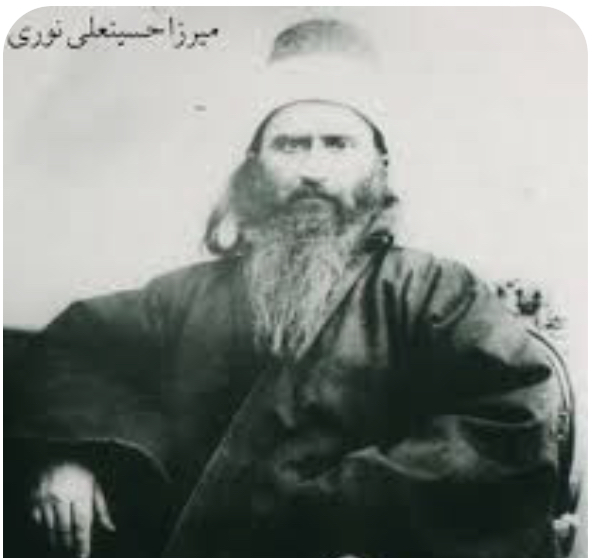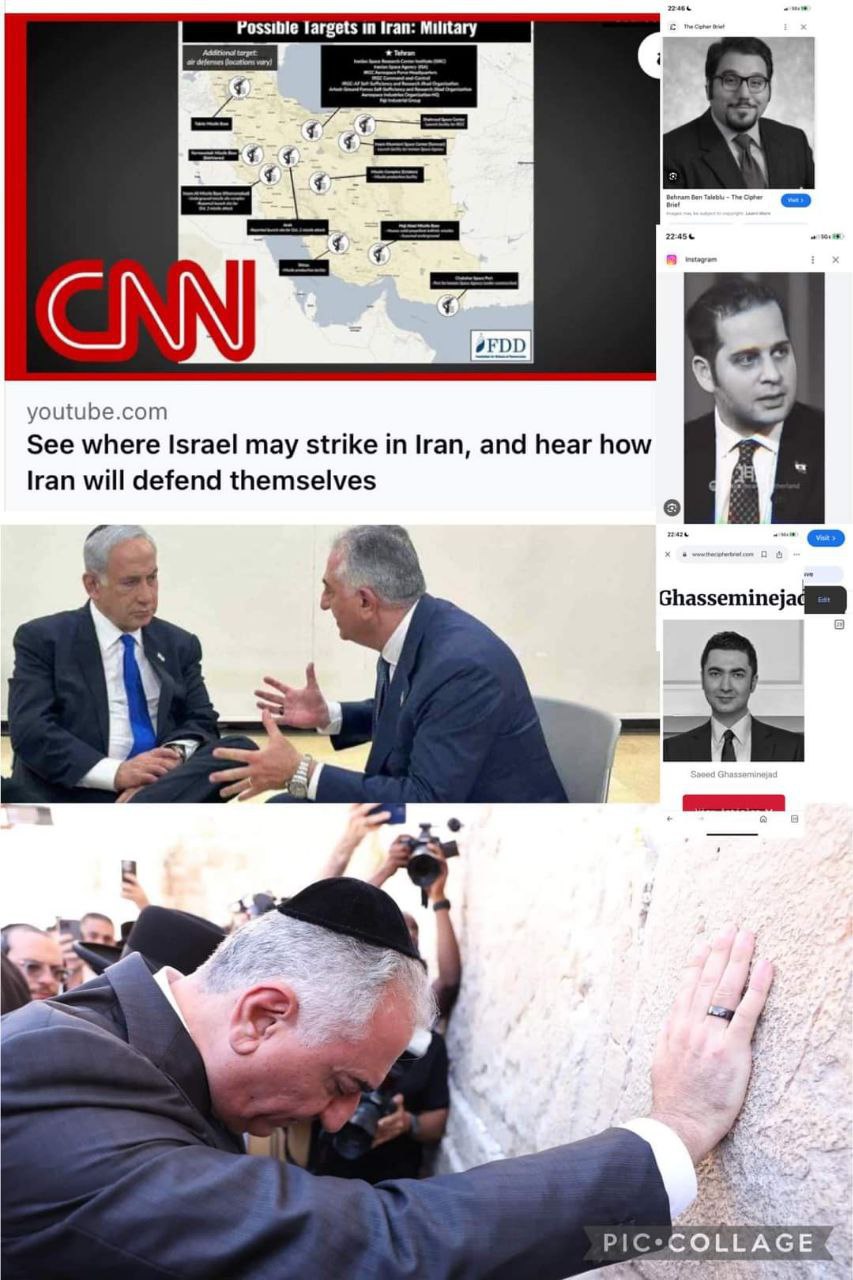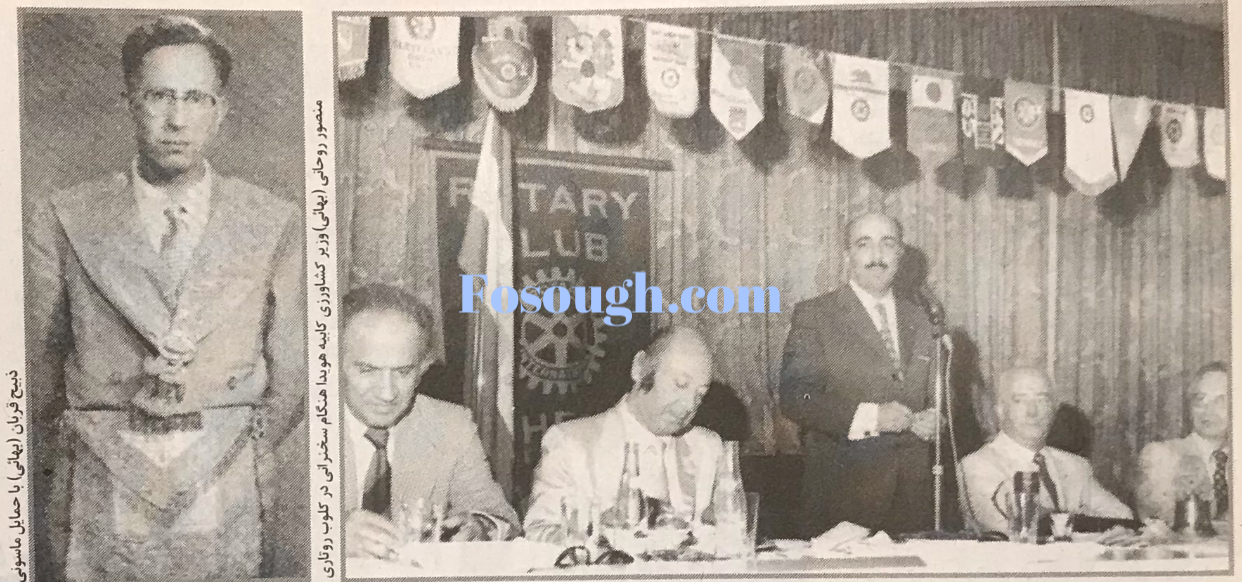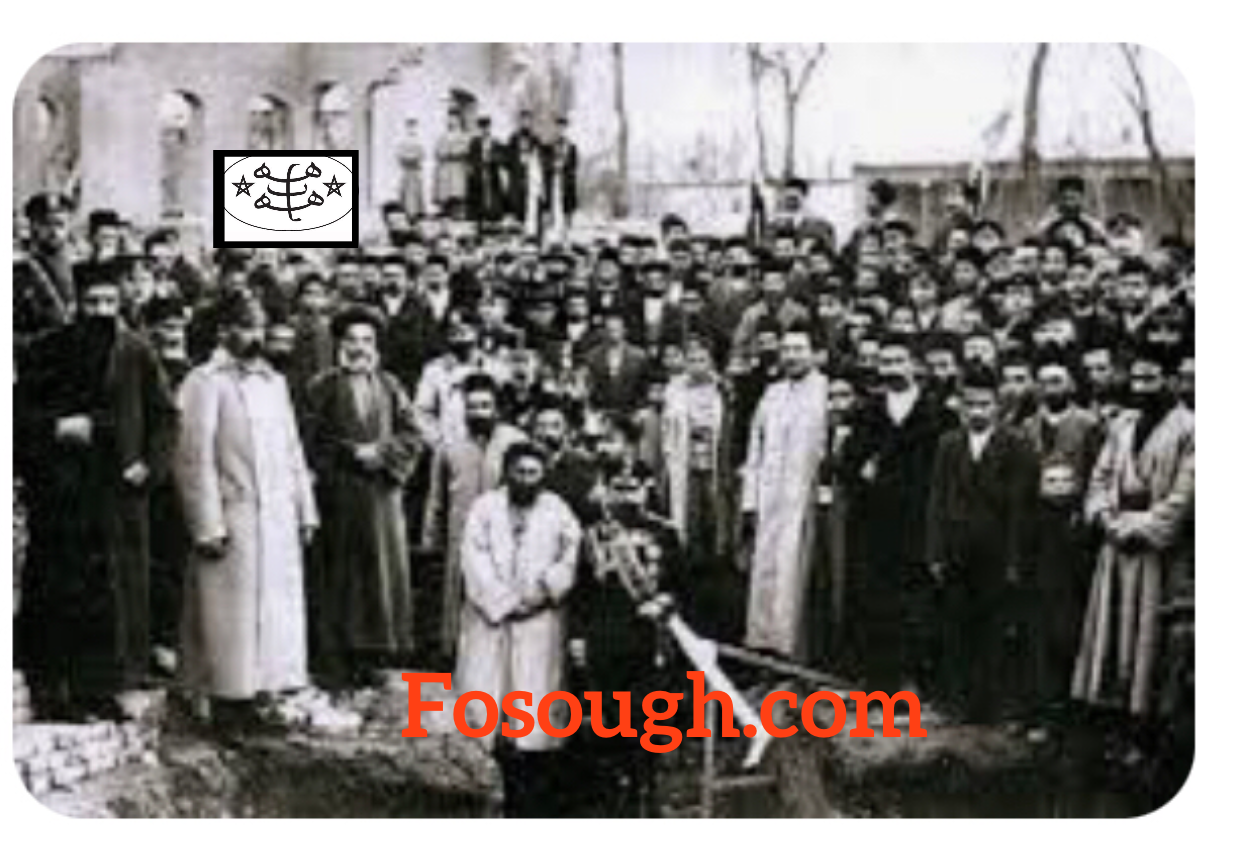 One of the most important characteristics of the Pahlavi regime is the influence of the Baha’is in the body and structure of the government and their occupation of the most sensitive positions. This extraordinary influence was at a time when the Baha’i threat to Islam and the Shi’ite religion and the hostility that the Baha’is had with the Shi’ites was greater than any other sect and religion. These dangers were such that at one point of time, most of the religious forces, from missionaries and preachers to the supreme authorities of Taqlid, were devoted to confronting this sect, and in this way, a lot of money was spent. In this article, the introduction of some well-known Baha’i figures and their roles and positions in the structure of the Pahlavi government will be discussed in order to determine how the government and the government that claimed to be Shia, the king who considered himself a Shia king, managed the pillars of the country in They had left the Shia’s greatest enemy at their disposal.
One of the most important characteristics of the Pahlavi regime is the influence of the Baha’is in the body and structure of the government and their occupation of the most sensitive positions. This extraordinary influence was at a time when the Baha’i threat to Islam and the Shi’ite religion and the hostility that the Baha’is had with the Shi’ites was greater than any other sect and religion. These dangers were such that at one point of time, most of the religious forces, from missionaries and preachers to the supreme authorities of Taqlid, were devoted to confronting this sect, and in this way, a lot of money was spent. In this article, the introduction of some well-known Baha’i figures and their roles and positions in the structure of the Pahlavi government will be discussed in order to determine how the government and the government that claimed to be Shia, the king who considered himself a Shia king, managed the pillars of the country in They had left the Shia’s greatest enemy at their disposal.
Undoubtedly, the most prominent Baha’i figure in the structure of the Pahlavi government is Amir Abbas Howida. A person who held the country’s highest executive office for thirteen years and holds the record for the longest tenure as prime minister in Iran. Although there are many documents about Hoyda being a Baha’i, he never admitted his true beliefs and considered himself a Muslim and a Shiite. But this pretense was actually an order issued by the Baha’i community and actually guaranteed the fulfillment of the mission of Hoyda. Because the election of Howayda as the prime minister as someone who was famous for being a Baha’i would cause public protests, so Howayda had to carry out his mission by pretending to be a Muslim.
Among the most important and influential Jewish figures who carried out extensive activities behind the scenes of politics was Abd al-Karim Ayadi. Ayadi, one of the most famous Baha’is in Iran, was the king’s special physician and in this sense had a very close relationship with the king. Obviously, to what extent such a person could influence the Shah’s mood. According to those close to Shah Abd al-Karim Ayadi, he had more than eighty jobs and had unlimited wealth. By using his extraordinary influence in government agencies, he placed Baha’is in various departments and government organizations, and in this way he made the country’s departments and organizations serve the Baha’is. Among other activities of Ayadi is drug trafficking and he has had a long history in the field of opium iodine trafficking. In addition, Ayadi was one of the pieces that foreigners benefited from his influence. Hossein Fardoost has said about Ayadi’s important role: “The role that Ayadi played for the West until the end of the Pahlavi regime was not played by all the members of the West.”
Another influential Baha’i figure in the structure of the Pahlavi government, who by occupying a sensitive post, took many measures to promote Baha’i beliefs and at the same time attack Islam, was Farrokh Ro Parsa. Parsa, who completed his education in the field of basic sciences and medicine and was employed by the government, held positions such as the head of the Iranian Women’s Population Cooperation Organization, as well as the general manager of the secretary’s house of the National University and the representative of the National Assembly in the 21st term. had in his record. In 1334, while resigning from the position of representative of the parliament, he was appointed as the parliamentary deputy of the government. He was elected to the Ministry of Education in 1347 when Hoyda was reorganizing his cabinet among government figures attributed to Baha’i. It was in this position that Parsa was able to abuse his influential position to take several measures in favor of Baha’i and in the direction of attacking Islamic beliefs, including the issue of hijab and chastity. During his tenure at the Ministry of Education, he insisted on the spread of corruption and lawlessness, and with the cooperation of SAVAK, he put pressure on Islamic schools and forced veiled girls to remove the hijab. Farrokh Rou Parsa’s other actions in the direction of de-Islamization was to make changes in the content of educational texts in schools, which in this way de-Islamized and propagated and promoted Baha’i beliefs.
Habibullah Thabit, also known as Pasal, was another famous Baha’i figure who used his efforts in the economic and commercial fields and in this way provided financial support to the Baha’is. At the same time, he was trying to play a role in the political arena by using his great wealth. Pasal, who started his career by repairing bicycles, soon became one of the richest men in Iran in the field of business using connections and relationships behind the scenes. Among his activities in the economic field was the establishment of Zamzam and Pepsi companies, the proceeds of which were given to Baha’is and Zionists. Habibullah Thabit was a member of Iran’s National Spiritual Assembly of Baha’is and one of the capitalists associated with international Zionism, who used his wealth to enter politics, for example, by interfering in the elections of the Senate and the National Council, and tried to promote Baha’i candidates or supporters of Baha’is. make their way to the parliament.
Among the other Baha’i figures who were influential in the Pahlavi government system, we can mention Parviz Sabeti, who was born to Baha’i parents and worked in the security and intelligence organizations, specifically SAVAK. He, who first had a job as a teacher, entered SAVAK after obtaining a bachelor’s degree in judicial science. It wasn’t long before he was promoted from a subordinate employee to the head of the third department of SAVAK and dominated the country’s security and intelligence system, thus becoming one of the most influential. political-security personalities of the country. Sabeti, who was strongly in favor of suppressing the revolutionaries, even after the revolution, while he had fled abroad, he used his efforts to overthrow the Islamic Republic of Iran and spent a lot of money on this sinister goal.
Among the Baha’i figures, Mansour Rouhani held an important government position during the Pahlavi era, who pretended to be a Muslim despite the fact that his father was a famous Baha’i and the head of one of the famous Baha’i circles, and his Baha’i identity was revealed to everyone. In 1337, Rouhani was appointed by Mohammad Reza Pahlavi to manage the Tehran Water Organization, and his management of this organization was extended during the term of Prime Minister Ali Amini. In March 1432, he was elected as the Minister of Water and Electricity and in the fourteen years after this date, he was employed in the positions of the Ministry of Water and Electricity, Agriculture and Natural Resources.
Asadullah Sanii was one of the Baha’is who infiltrated the military structure of the Pahlavi government and made his efforts to propagate and promote the Baha’i beliefs in the army. Saniei finished the officer school in 1307. At this time, he entered the court as an adjutant of the crown prince. He was promoted to the rank of lieutenant general and held many important positions and positions. Sanii was one of the influential figures in the Pahlavi government and in comparison he played a role equal to Ayadi. Regarding Reza Shah’s relations with the Baha’is and the role and position of Asadullah Sanii in the Pahlavi regime, Hossein Fardoost writes: “Basically, Reza Khan had good relations with the Baha’is to the extent that Asadullah Sanii, who was a first-rate Baha’i, was appointed as Muhammad Reza’s special aide. Sanei later became very influential and reached the Ministry of Food during the time of Alam and Hasan Ali Mansour and especially Hoyda.
Among the other Baha’is who were inclined towards militarism and gained influence in the military ranks was Parviz Khosravani, he was the brother of Attaullah Khosravani and the son-in-law of Naimi, one of the famous Baha’i figures. In the years after the coup d’état on August 28, 1332, at the head of the Taj Sports Club, Khosravani was involved in stealing the treasury and usurping people’s lands, and due to his affiliation with the court, from 1340 to 1343, he became the commander of the Tehran Gendarmerie (one center district). In 1343, he became the deputy gendarmerie of the whole country. He was appointed deputy prime minister and head of the physical education organization in Hoyda’s cabinet.







